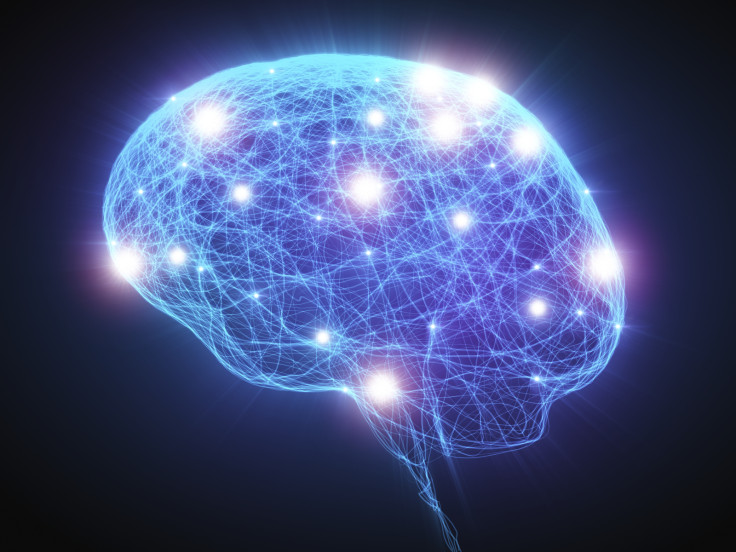Why are people left or right-handed? Mystery deepens as brain not the source of asymmetry
Left or right-handedness may arise in the spinal cord and not the brain.

The origins of handedness have been a scientific puzzle for many years. Asymmetries in the brain have been thought to be the source of our preference for either our right or left hands. But a study in foetuses has found that differences in the expression of genes in the left and right hemispheres of the brain may not be the cause of left and right handedness in humans.
Instead, even earlier in development there is asymmetrical expression of genes in the spine, which is now thought to be where handedness arises, according to a paper in the journal eLife. Researchers at Ruhr University Bochum in Germany looked again at the puzzle of the origin of handedness because established theories couldn't explain how handedness developed so early in babies during pregnancy.
The gap between brain and spine
Babies show a preference for moving either their right or left hands from as early as 8 weeks, but at this stage the section of the brain responsible for conscious movement is not joined up to the spinal cord, which needs to transmit the signal to the hand.
This suggests that gene expression in the motor cortex could not be the cause for handedness, as an electrical signal from the motor cortex to the baby's hand has to travel via the spinal cord.
The researchers, led by Sebastian Ocklenburg, looked directly at gene expression in the spinal cord itself. By measuring the expression of genes in five foetuses at between 8 and 12 weeks, they found that several genes were expressed asymmetrically in the upper and middle sections of the spinal cord. The left-right asymmetries were found in the sections of the spinal cord that control the arms and legs.
Early stages
As the study was small due to the difficulties of studying foetuses during pregnancy, the results are tentative. More research could shed light on the relative importance of the spine and brain in determining handedness.
The asymmetry of gene expression found in the spine was thought to be due to epigenetic factors – the regulation of the genome by chemical modification. These are influenced by environmental factors, allowing the genome to be responsive to changes in the outside world.

"In humans, hemispheric asymmetries have been shown in almost all major cognitive systems including language, memory, attention, emotional processing, face perception, working memory and executive functions," the authors write in the paper.
Handedness is also linked to diseases including depression, anxiety, schizophrenia and alcoholism, the authors write.
"Thus, understanding the ontogenesis of handedness and hemispheric asymmetries in general could potentially yield important insights into [origins] of these disorders."
© Copyright IBTimes 2025. All rights reserved.






















